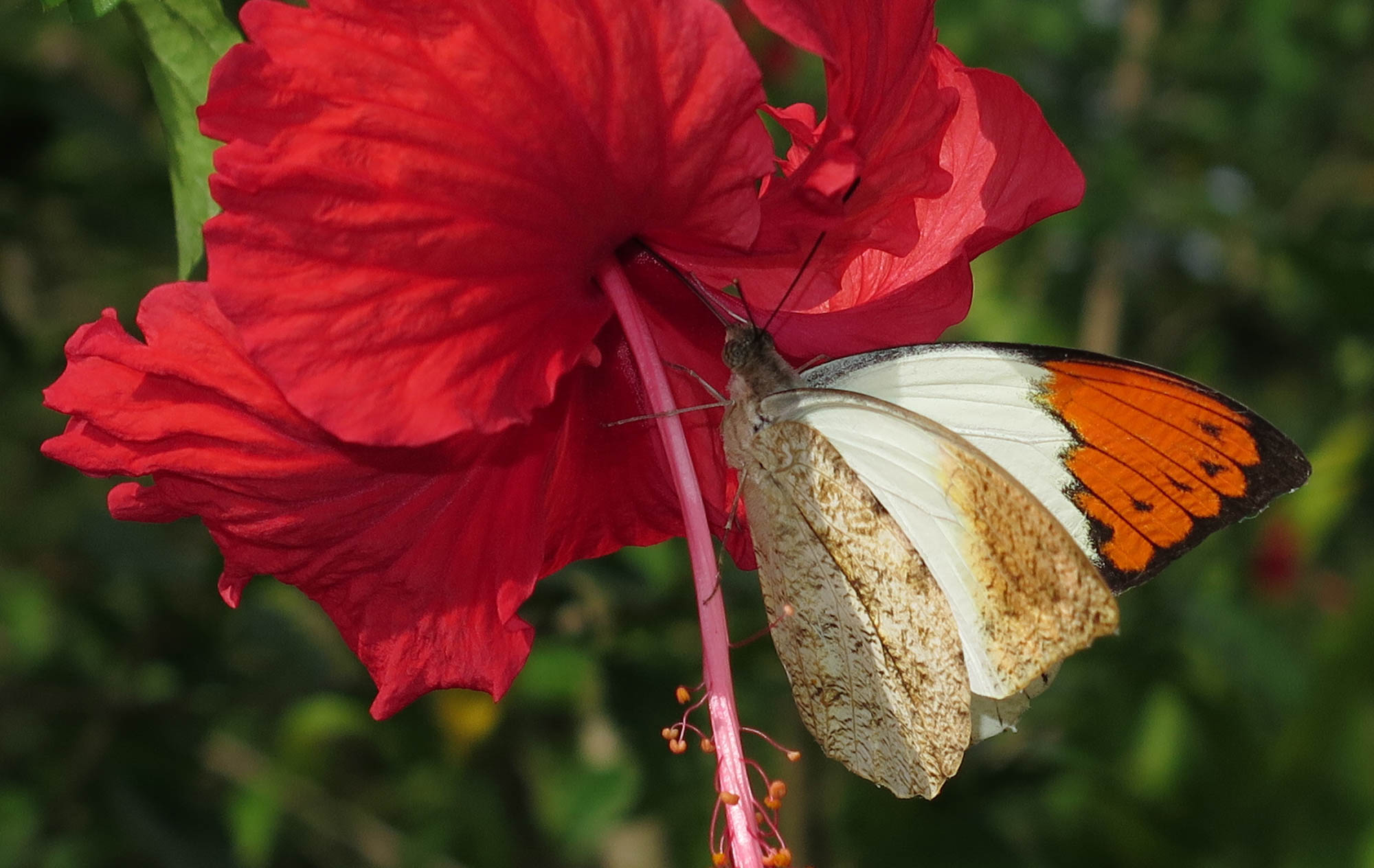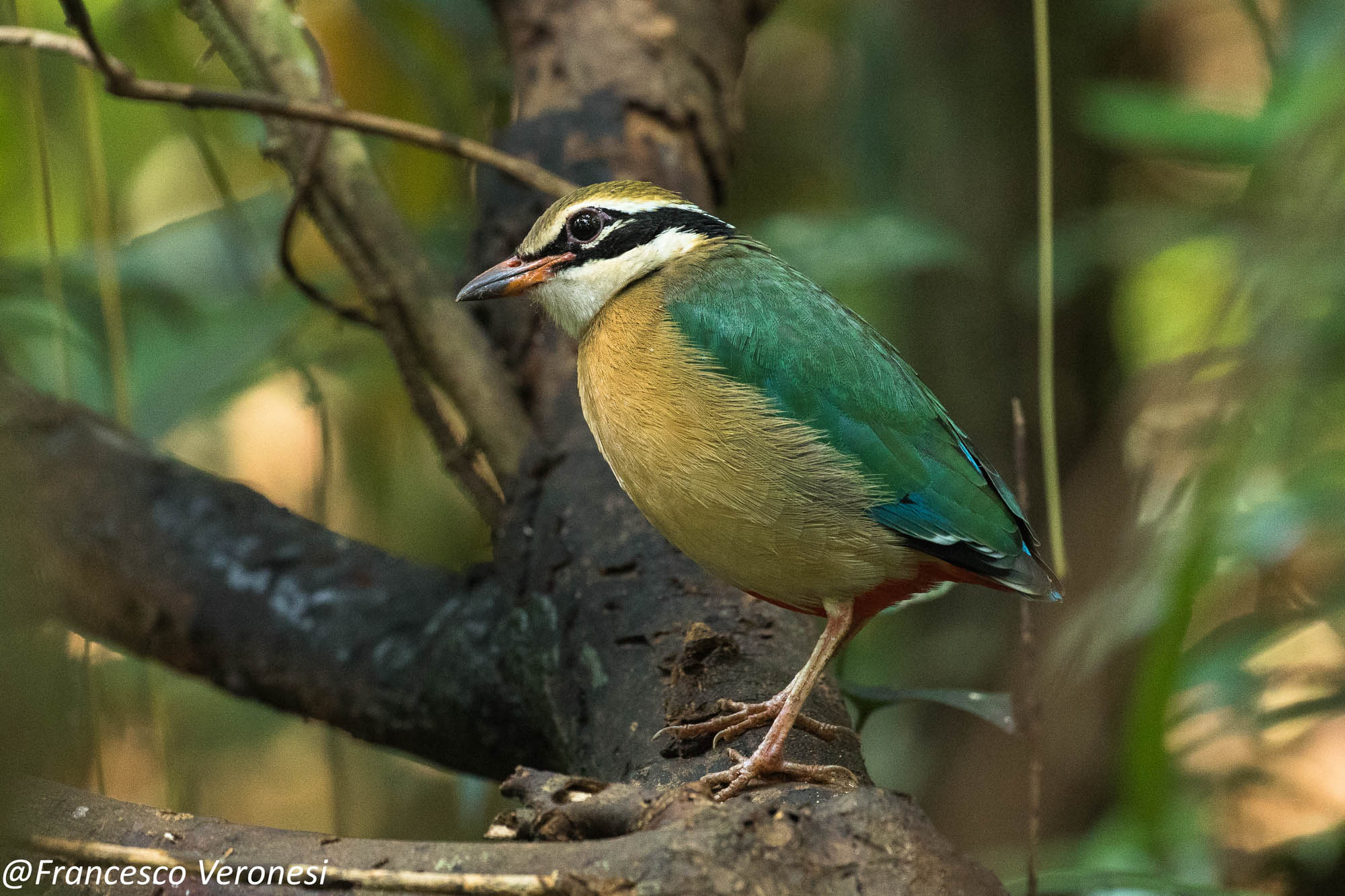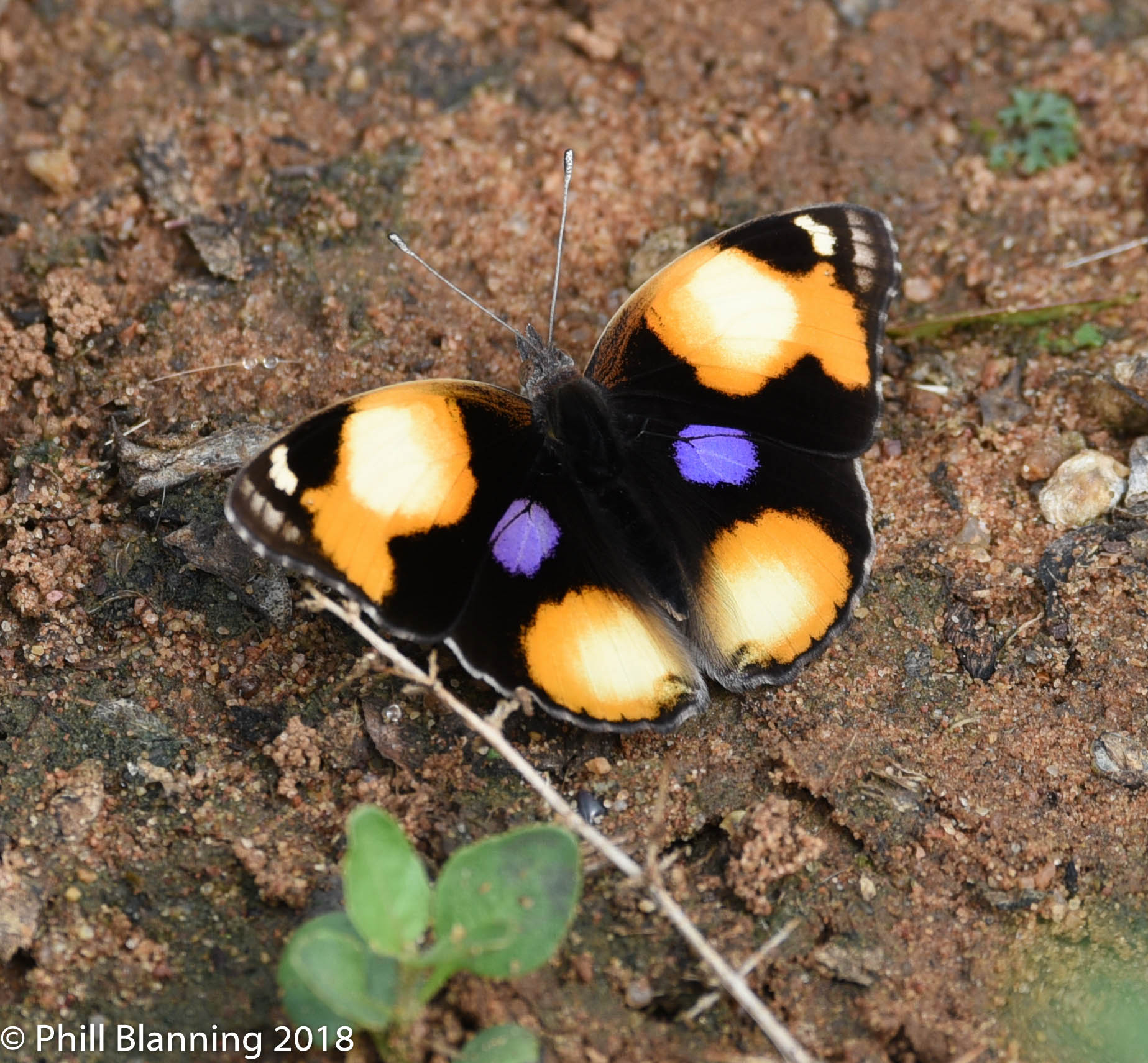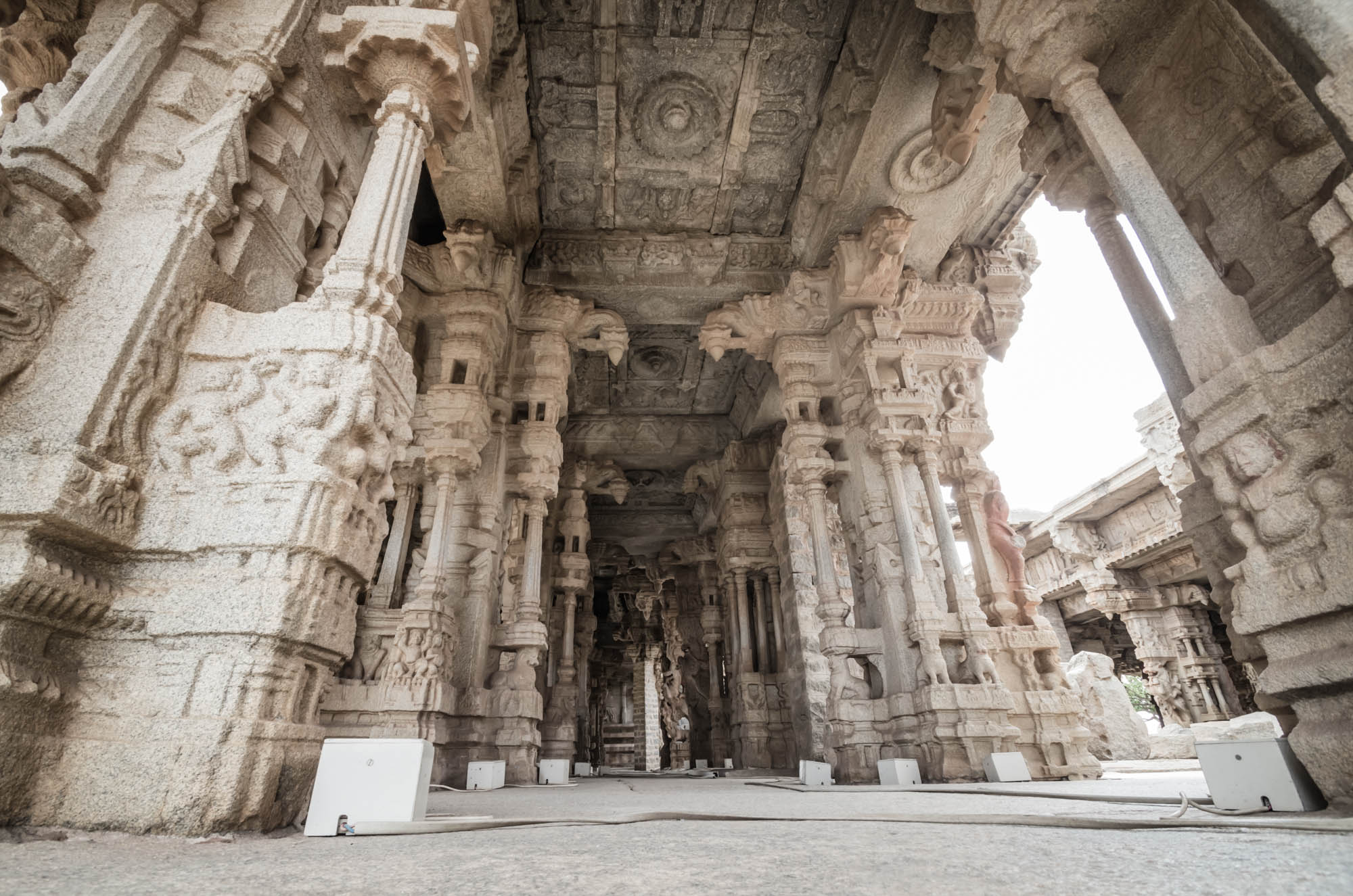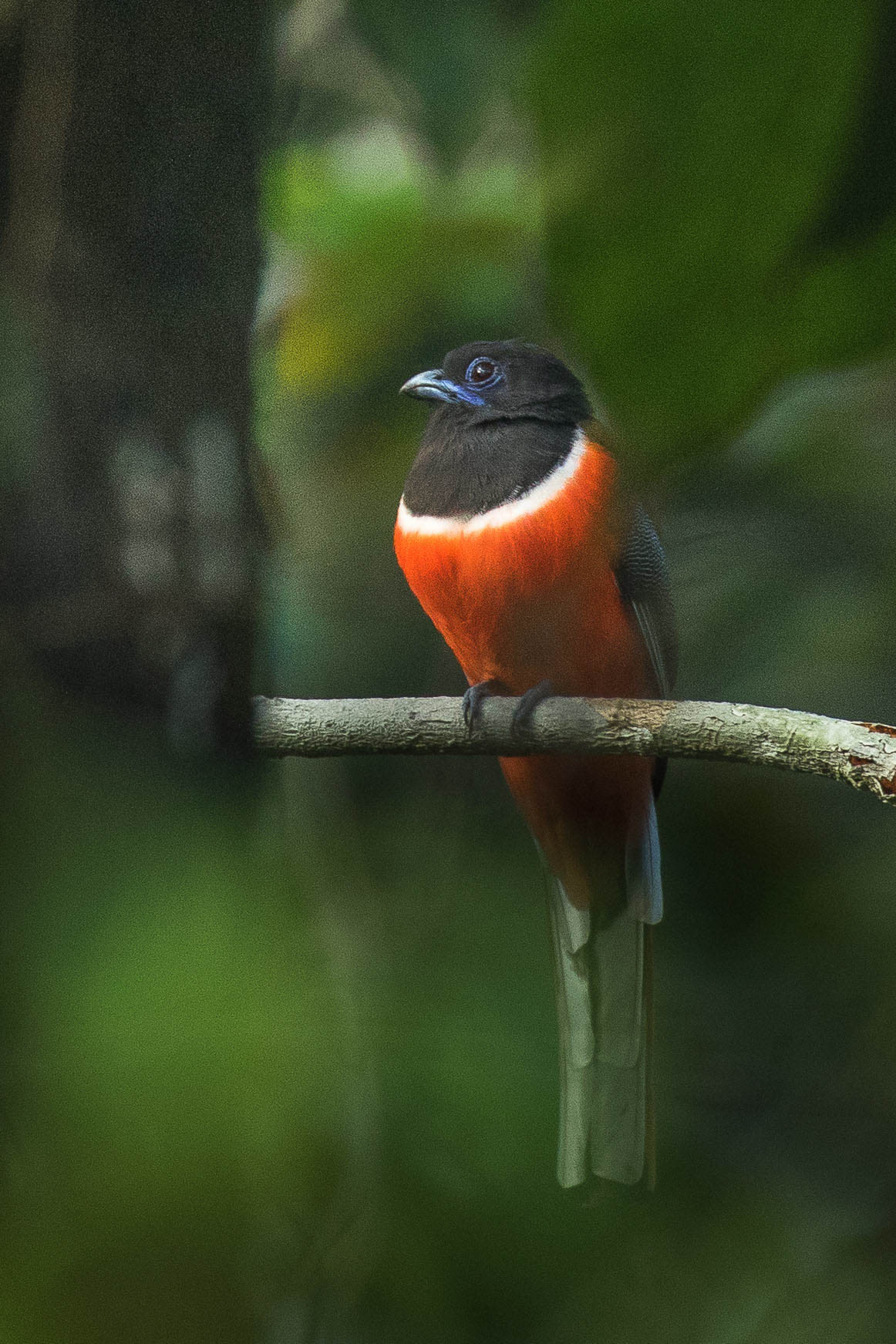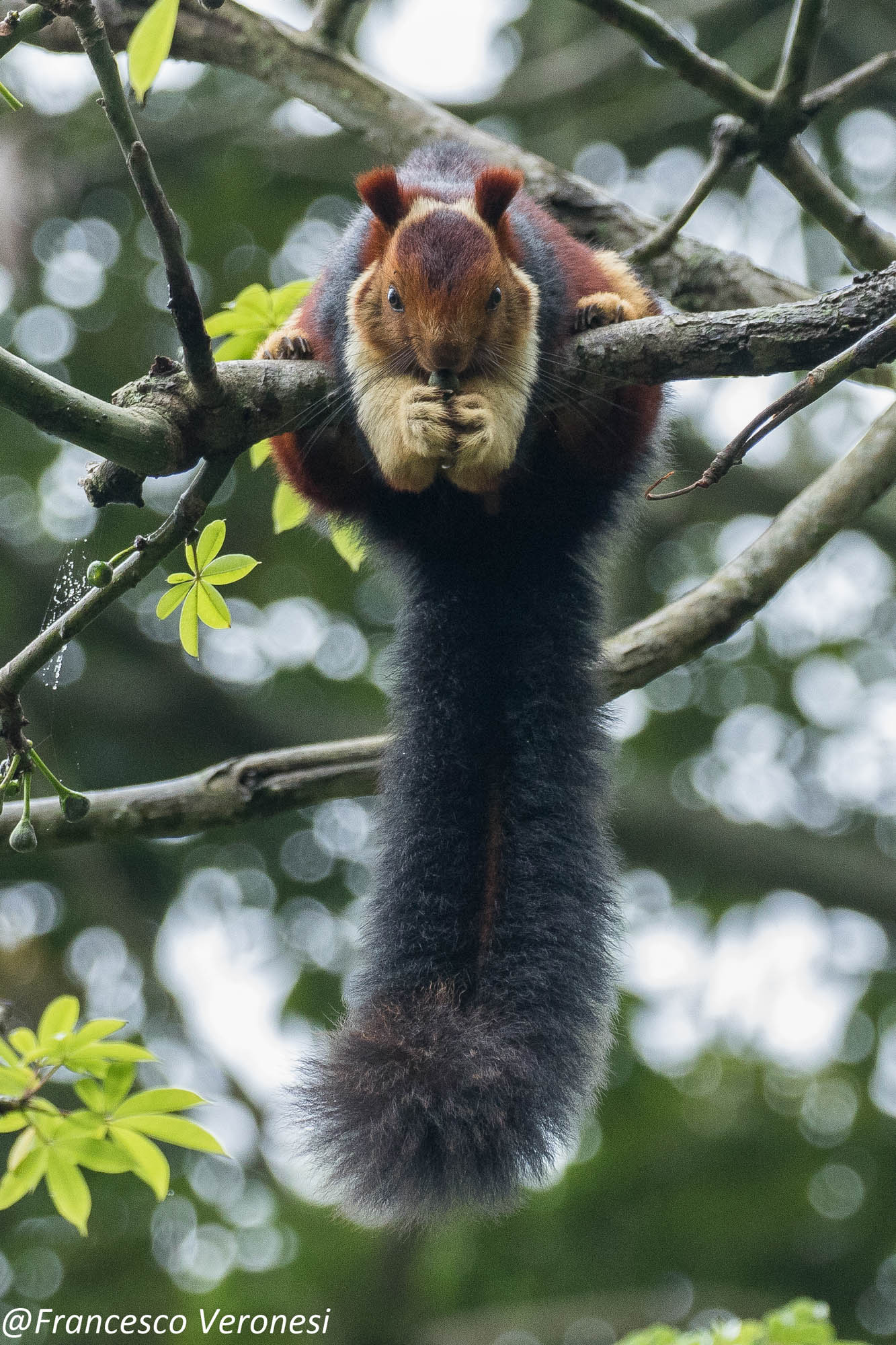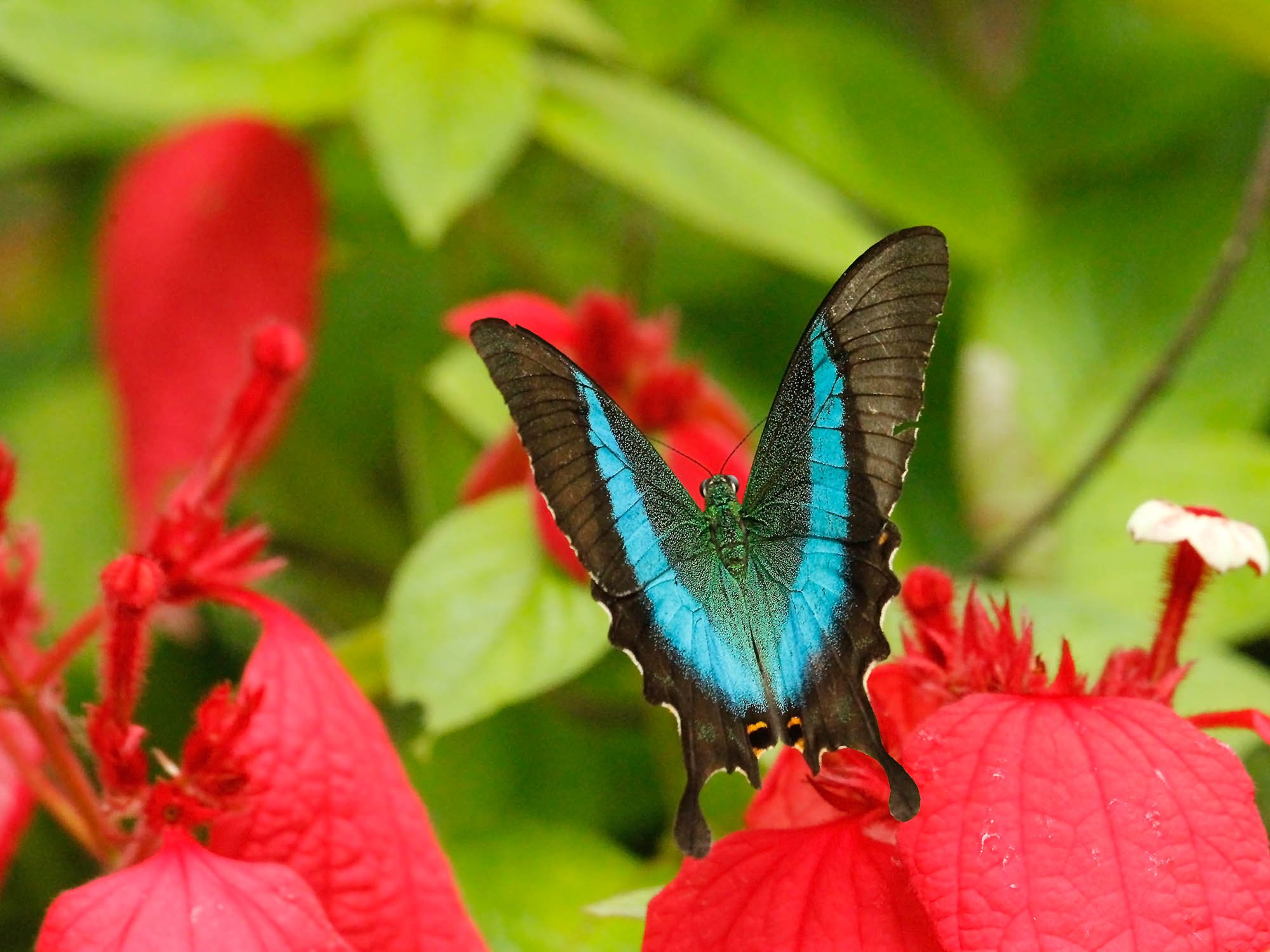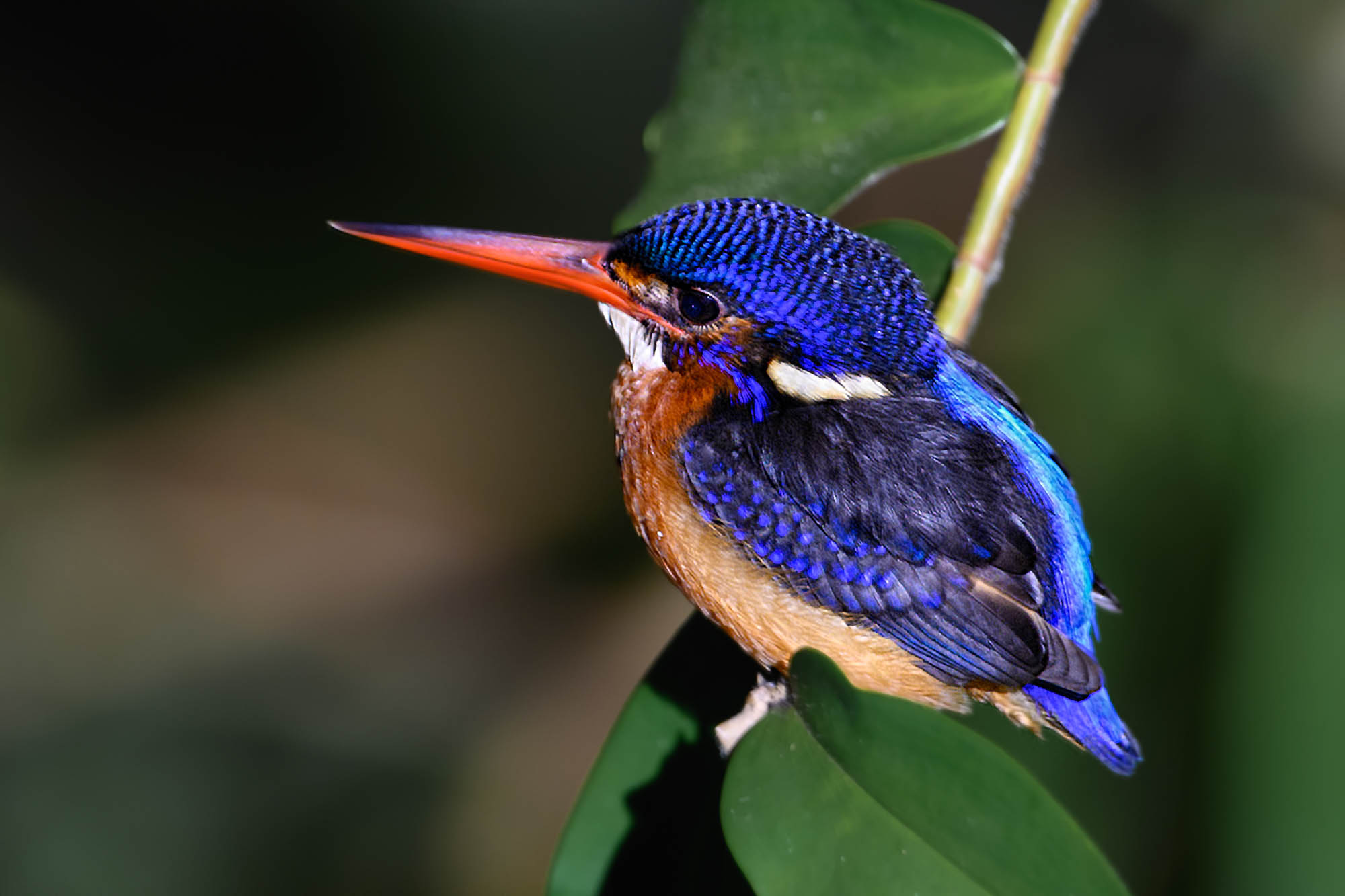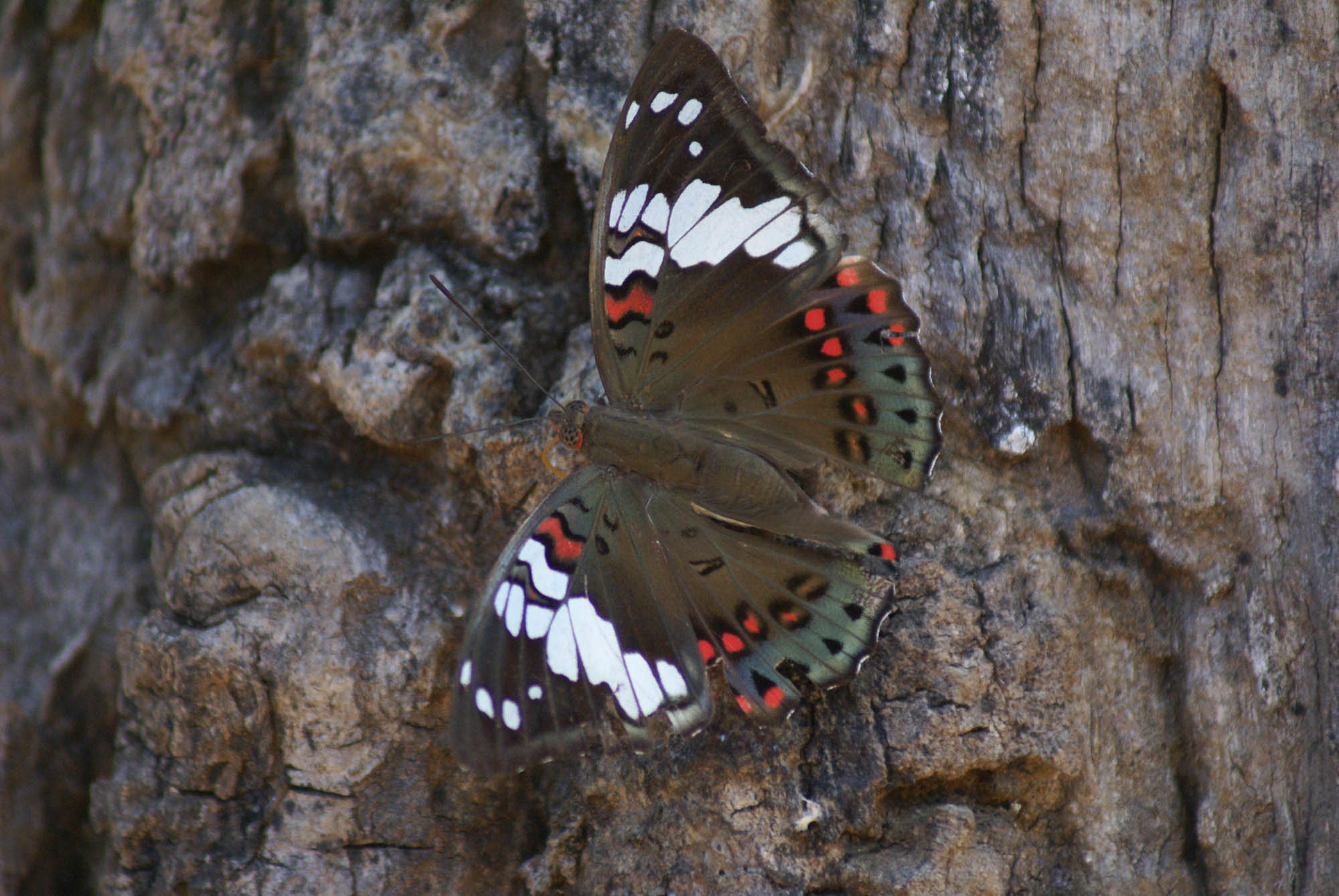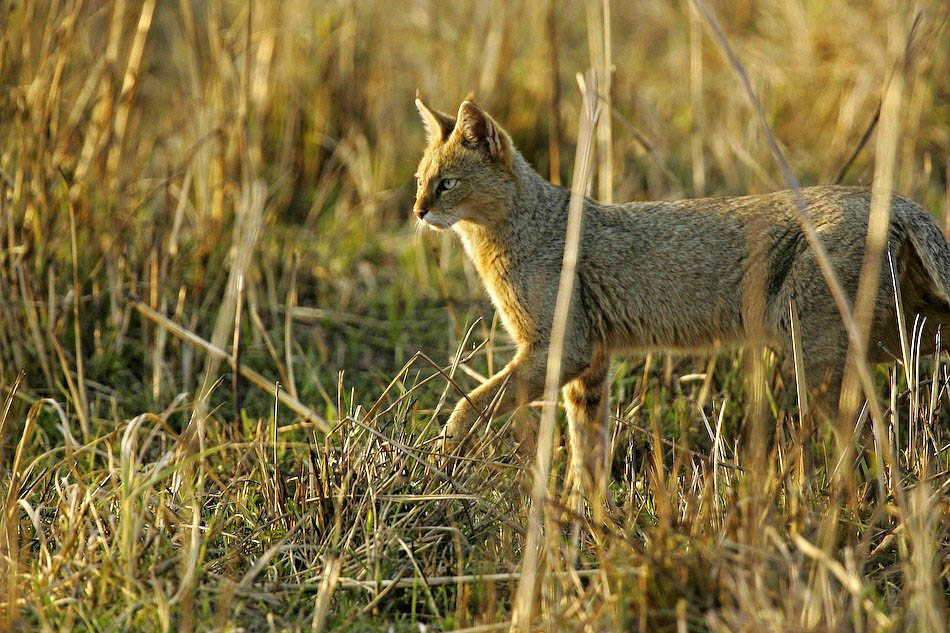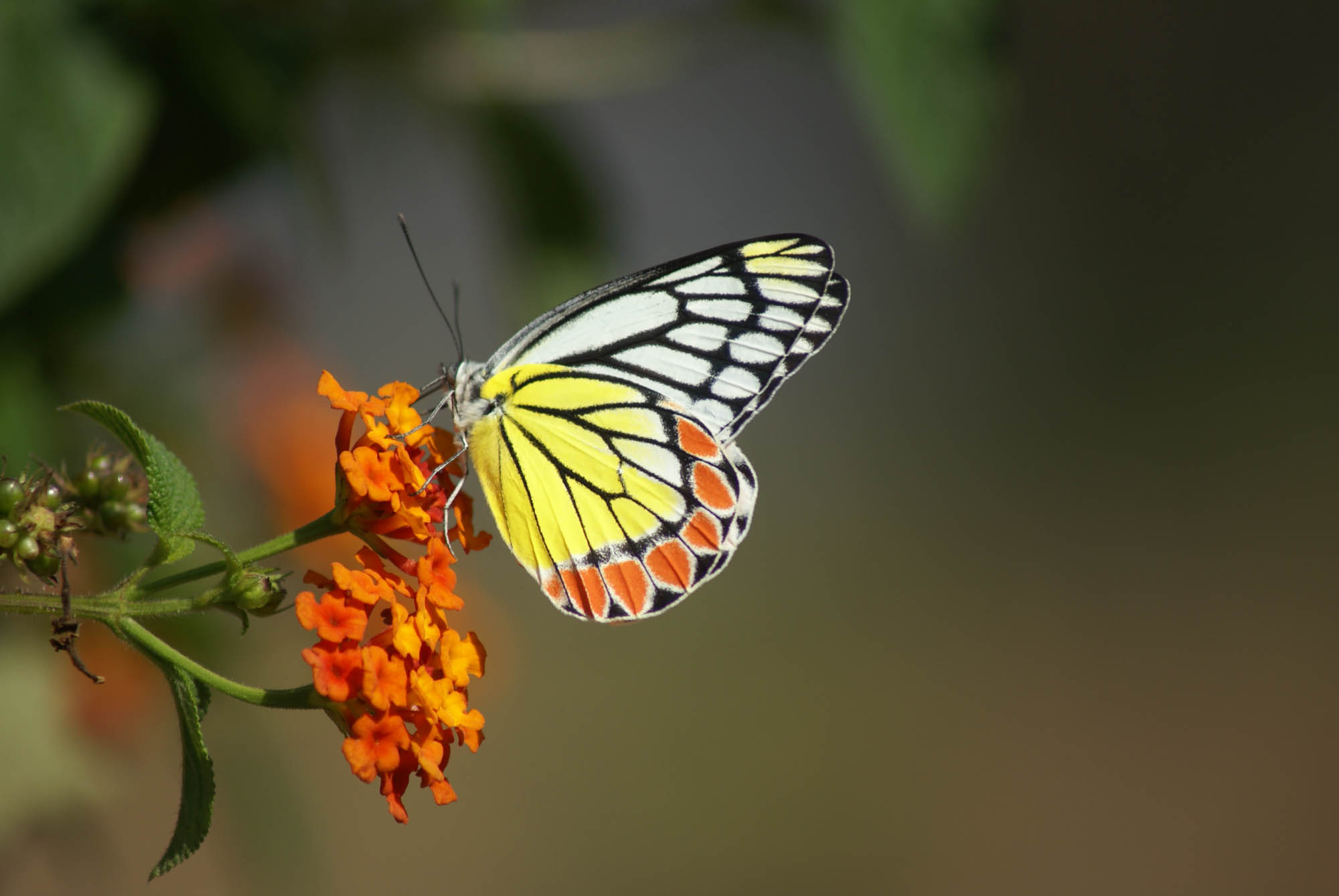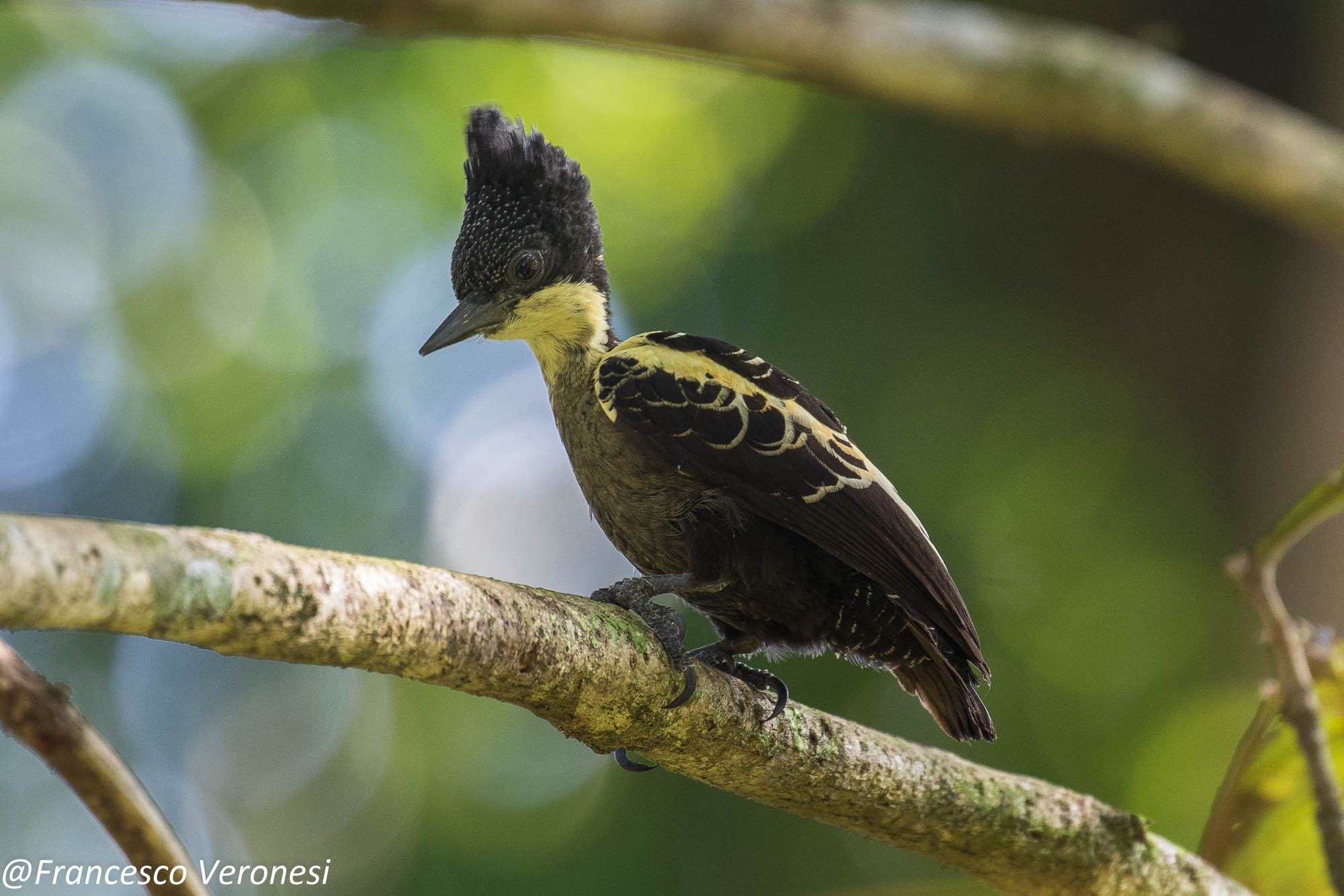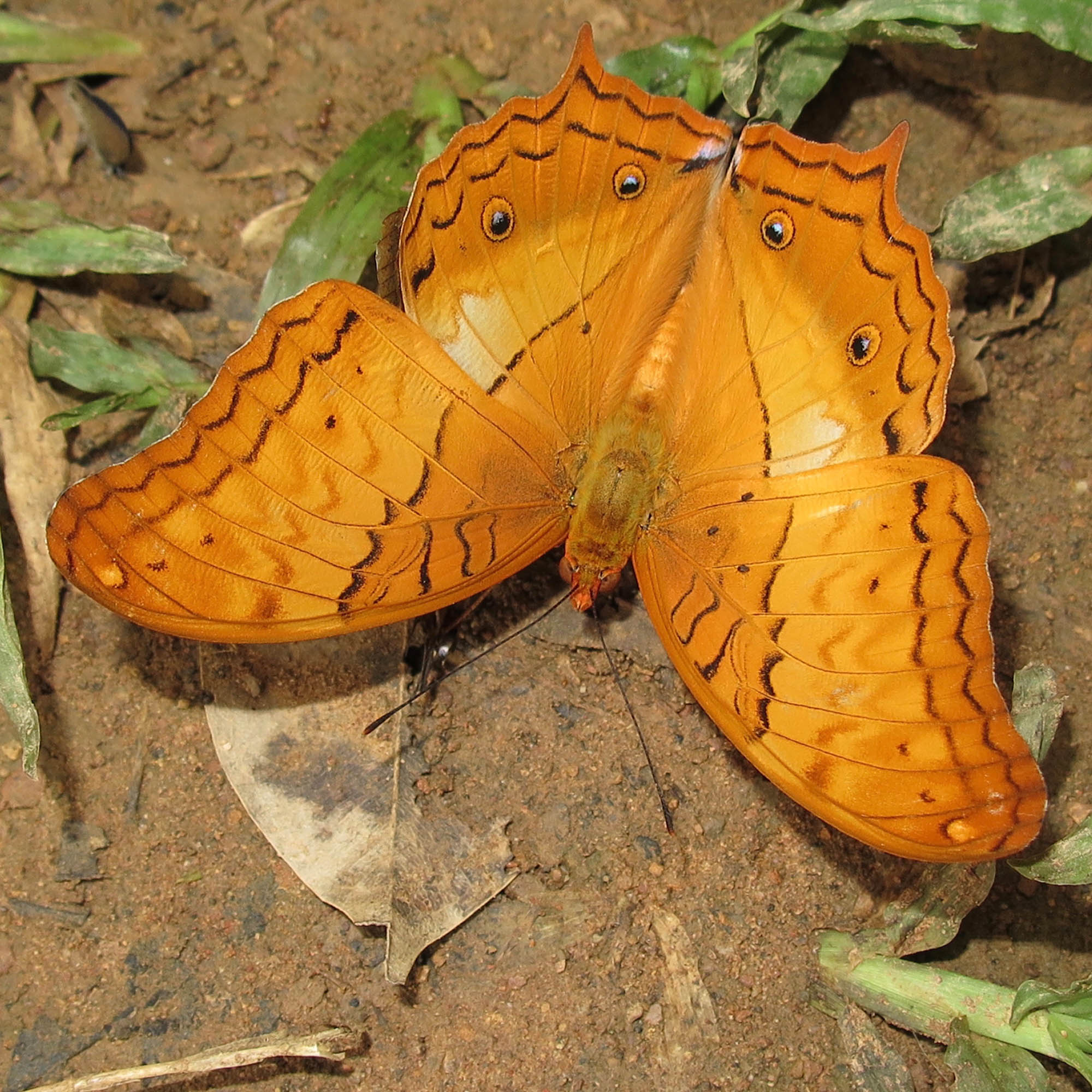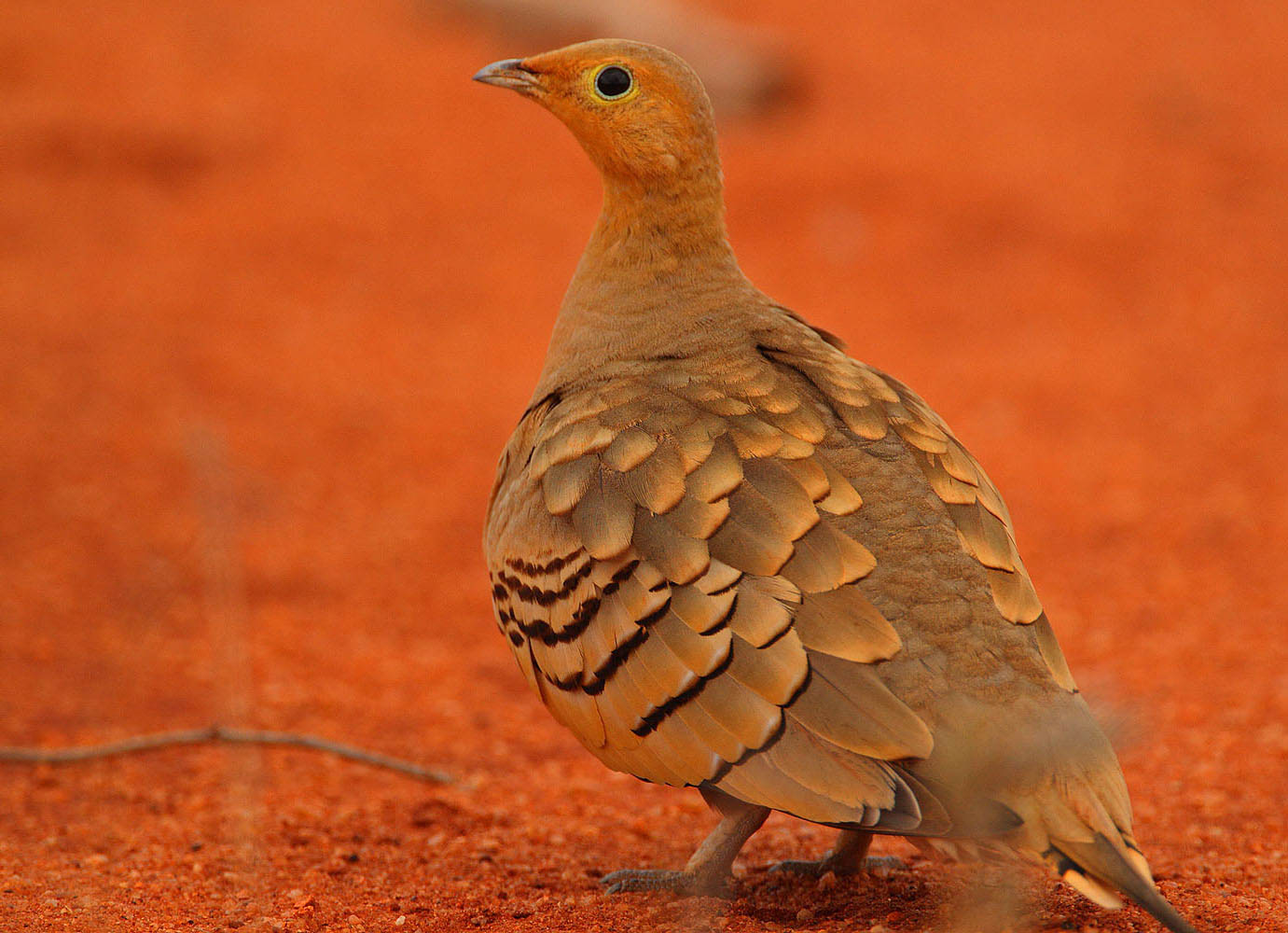

Namibia
The Bismarck Archipelago

The Western Ghats
Regarded as one of the eight greatest hot spots of biodiversity in the World, the Western Ghats is a narrow range of hills and low mountains that separates the Arabian Sea from the Deccan Plateau for almost a thousand kilometres along the western edge of the Subcontinent. The hills intercept the moisture laden air blown off the Arabian Sea by the trade winds and the Ghats get a drenching – the monsoon! This summer phenomenon is what makes the Ghatian forests so lush and goes part of the way to explaining the incredible biodiversity. So much flora and fauna along the length of the chain is found nowhere else in the world.
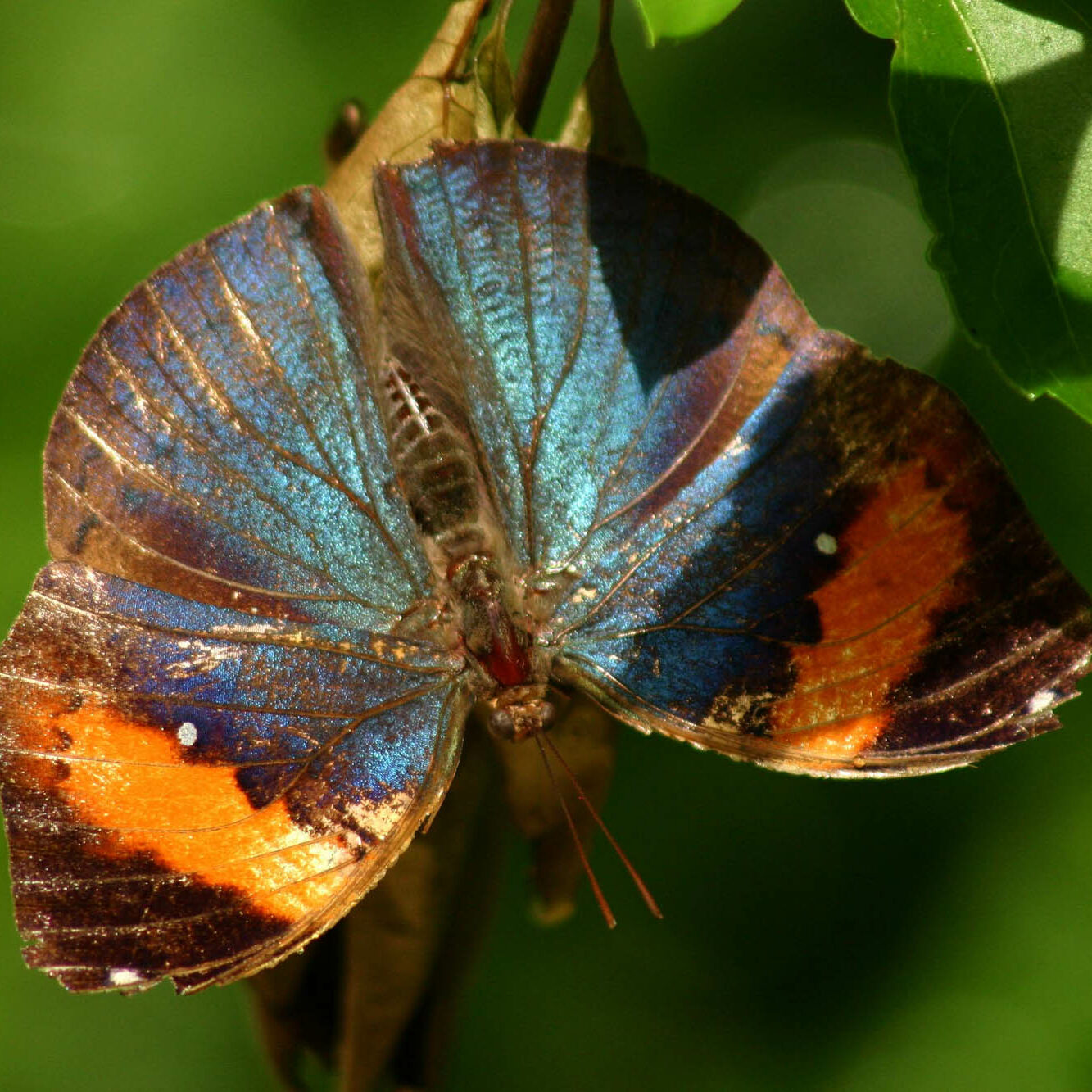
Karnataka has received relatively little attention over the years compared with Kerala to the south, yet it has some fabulous sanctuaries protecting some of the finest wildlife in western India. And it has some truly amazing cultural sites, including the Vijaya Vittala Temple where legend has it that the famed Musical Pillars and the Stone Chariot were built for Lord Vishnu himself.
This is one of the largest open-air museum complexes in the world, a testament to the glory of the Vijayanagara Empire which was at its height in the 13th and 14th centuries. Impossibly delicate Tree Nymphs float about shaded nullahs sheltering White-bellied Tree Pie, Lesser Yellownape and Blue-eared Kingfisher. There are some truly gorgeous swallowtails here such as the Blue Mormon, the Red Helen, and the shimmering blue-green Malabar Banded Peacock. Southern Birdwings are a spectacular sight and there’s some beautiful forest lycaenids such as Indian Sunbeam, Large Oakblue, Yamfly and the intricately marked Monkey Puzzle. Malabar Pied Hornbills come to dust-bathe at a spot where we can watch and photograph them at our leisure. Hampi is perhaps the easiest protected area in India to see the Sloth Bear. There’s an abundance of great birds too including Painted Spurfowl, Sirkeer Malkoha, Chestnut-bellied Sandgrouse. Red Munia and the weird Red-naped Ibis. There’s a rich mammal fauna in the area and we’ll hope to see Gaur, Stripe-necked Mongoose, Small Indian Civet, Slender Loris and Jungle Cat, and sightings of Leopard are possible too.
Many of the commonest of Ghatian butterflies are some of the prettiest. In the gardens of our hotels we’ll see the colourful Pansies – not flowers at all, but instead butterflies of lovely colour and pattern – Blue, Yellow and Peacock Pansies. And then there’s the gorgeous Common Jezebel and the black, red and white swallowtails – Common Rose and Crimson Rose.
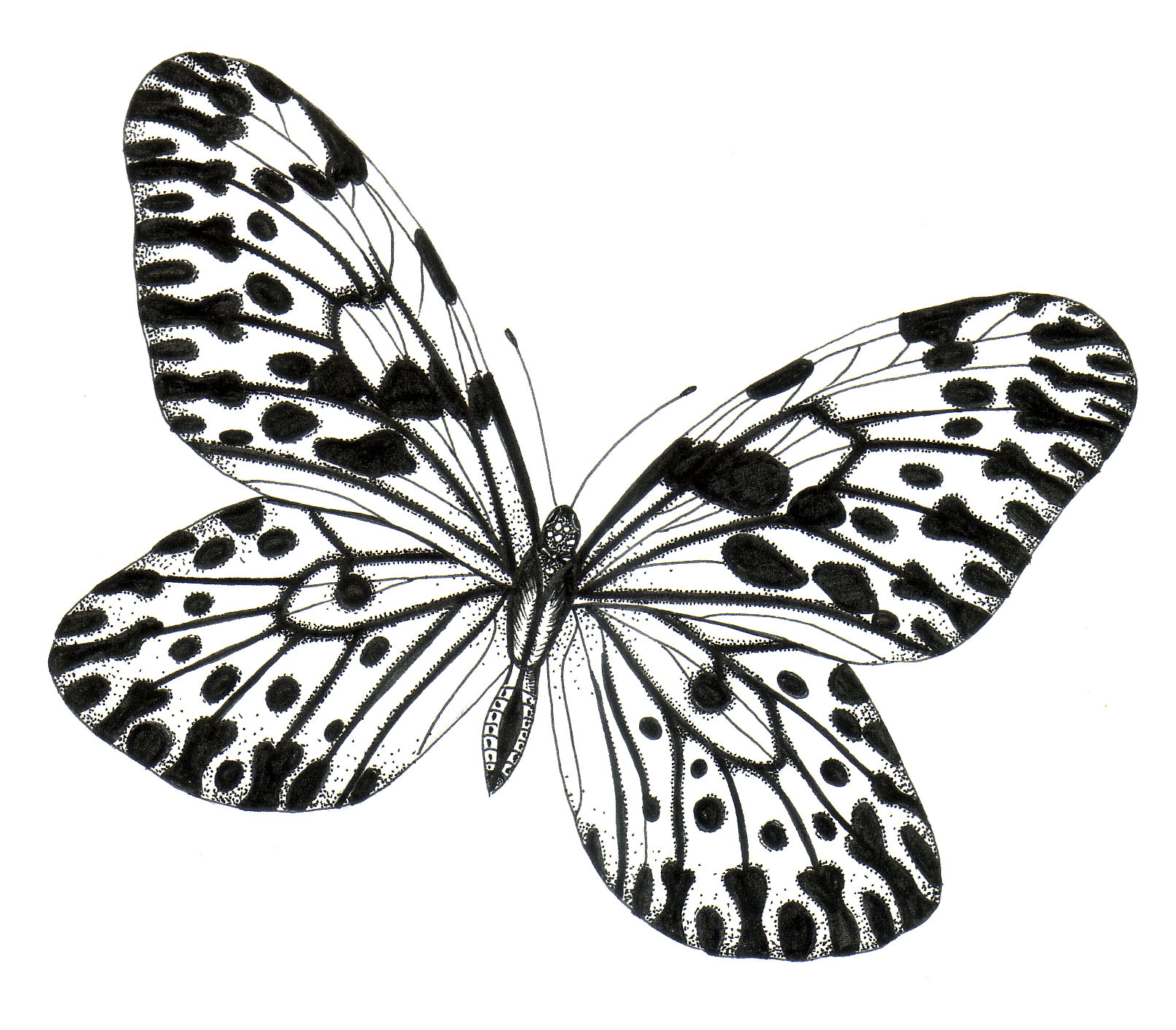
Distinctive low coastal forest is a rare habitat now but still provides shelter for Grey-headed Bulbul, White-browed Bulbul, the gorgeous Orange-headed Thrush and lovely Vigor’s Sunbird, as well as butterflies such as the lovely Red Pierrot. Forest Calotes and Flying Lizards inhabit the moist Deciduous Forests typical of inland Goa. Here are some truly lovely birds such as Indian Pitta, Malabar Trogon, Flame-throated Bulbul and Crimson-backed Sunbird. There’s Asian Fairy Bluebird, White-bellied Blue Flycatcher, Oriental Dwarf Kingfisher, and the gorgeous Heart-spotted Woodpecker too. Butterflies are myriad, the magnificent Great Orange-Tip, Autumn Leaf and the fabulous Blue Oakleaf amongst them. Strong-flying Clippers and Cruisers are a tremendous sight. Many of the nymphalids have English names redolent of the colonial period when some of the British officers spent more time waving their butterfly nets about rather than their guns! There’s the Staff Sergeant, the Baron, the Blue Baron, the Commander, the Gaudy Baron, the Grey Count, and the beautiful Red-spot Duke amongst a host of similarly named lepidoptera!
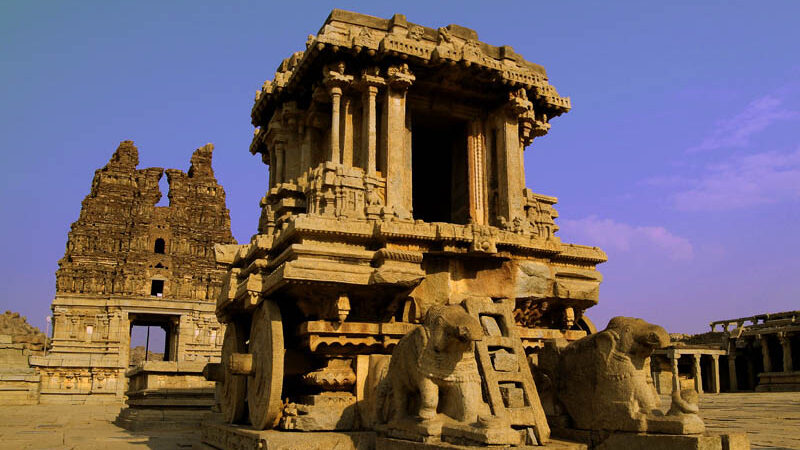
Dates and Prices
18th November - 2nd December 2024 (15 days)
* doesn't apply if you're willing to share and a room-mate can be arranged
Butterflies, Birds, Mammals, Reptiles and Cultural Sites in equal measure. The food is pretty amazing too.
The minimum is 5 and the maximum is 9.
All flights. All transport, accommodation and meals in India. Services of your leaders. Please note: drinks, tips, visas and items of a personal nature such as travel insurance, are not included. Bird butterfly and mammal checklists are available.
In Mumbai we’ll stay at a four-star Mirage Hotel close to the airport. The resort Marinha Dourado will be our base for the first three nights in Goa. Set in the open village of Arpora just a little inland of Baga Beach, this resort is in a great location for wildlife watching with paddyfields, fish and salt ponds, and dry fields all just outside the gate. The resort itself is a typical well-equipped and clean modern tourist hotel. Next we’ve three nights at the Nature Nest eco-resort close to beautiful Dudhsagar Waterfall and on the edge of the Bhagwan Mahavir Wildlife Sanctuary. Each room is actually a comfortable little cottage beautifully sited in the wildlife-rich grounds. Each has a shady verandah to enjoy the wildlife from. Moving into Karnataka we’ll stay at the Old Magazine House in Ganesh Gudi. The old house is the centre of the complex but the rooms themselves are light and airy wooden chalets spread throughout the wooded grounds. After three nights here we’ll move further south in Karnataka for a three night stay at Clarks Inn in Hampi. Clarks is a modern hotel complete with all the usual comforts. For the last night of the tour we’ll return to the same hotel near Mumbai Airport. All rooms on this tour have en-suite facilities and air-conditioning or a roof fan.
For the most very easy with just short walks, up to three or four miles a day. We might encounter rough ground on occasion and some short steeper sections.
UK direct return flights are from London Heathrow to Mumbai. There’s a local flight from Mumbai to Goa at the start of the tour and from Belgaum to Mumbai at the end. Other indirect routes from regional UK Airports* may be available.
*These routes may incur a supplement.
It is well into the dry season and days are generally sunny and warm/hot at lower levels with maximum temperatures around 30°C, while in the hills it is cooler, especially at night, and the weather a little more variable. Generally quite humid.
Contact us to check if there is availability for the number of places you require. Click on the ‘Book this Tour’ button on this page to be taken to the online booking form or contact us and we will send one to you which you can complete and send back to us. You will receive confirmation of your place, and then a detailed information pack will be dispatched to you about twelve weeks before departure. This will contain up-to-date health information.
